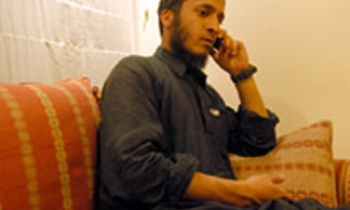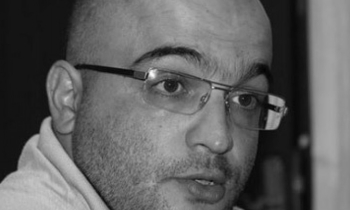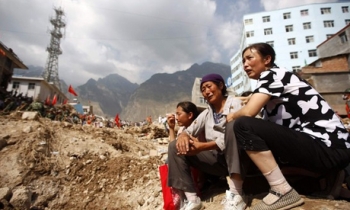The Prime Minister of the United Arab Emirates (UAE) decreed on Tuesday that journalists should not be jailed over their work, two days after two were jailed for libel, the state WAM news agency reported. Sheikh Mohammad bin Rashed al-Maktoum "has issued instructions ... not to imprison journalists for reasons related to their work," said the head of the National Media Council, Sheikh Abdullah bin Zayed al-Nahayan.
Sheikh Mohammad stated that "other measures can be taken to penalise a journalist who has committed a particular violation," added Sheikh Abdullah, who is also foreign minister. Abdullah said the Prime Minister also called for speeding up the enactment of a new press law in line with amendments introduced by the National Media Council. The amendments drop imprisonment as a penalty for press offences.
Sheikh Mohammad is also ruler of the booming emirate of Dubai, a member of the UAE that hosts scores of regional and international news organisations operating out of Internet and media free zones.
His move came two days after two Dubai-based journalists — an Indian and an Egyptian working for the English-language daily Khaleej Times — were sentenced to two months for libel. They have since been released on bail and are appealing.
Shimba Kassiril Ganjadahran and Mohsen Rashed were convicted Monday of libelling an Iranian-born Dubai woman by reporting on June 28 last year that she had sued her husband, who had then been imprisoned.
The International Federation of Journalists (IFJ) welcomed the decree saying that it set a precedent for the decriminalisation of media law in the region. "We welcome this decision by the United Arab Emirates to end the criminalisation of press offences and to support open and independent journalism," said IFJ General Secretary Aidan White. "We hope that UAE will serve as a model in the region and that other countries will follow suit with similar changes in their own laws."
The International Covenant for Protection of Journalists (ICPJ) too hailed the directive. “It is a historic move to consolidate freedom of opinion and expression,†it said. In a letter to head of the UAE Journalists Association, Mohammad Yousuf, the fledgling organisation’s Deputy President Hashim Nowera, said the directive affirms that UAE is intent on enacting more protection of journalists adding that “it boosts the freedom of expression and provides a better environment for journalism.†The organisation said the directive paves the way for other Arab states towards the same approach to treating journalists.
“We appreciate this ruling as it is very important for our business in the region,†noted Mohammed Suleiman Al Taie, Editor-In-Chief of Arabic daily Al-Watan newspaper and founder and chairman of the English daily, Oman Tribune. Al Taie added, “Journalists should not be jailed for doing their duty. So far, no journalists have been arrested in Oman and we would like to see that continue.†However, he stressed that a categorical law protecting journalists should be put in place in the Gulf and the rest of the world.
Hailing the decision, Abd Al-Rahman Alyan, Deputy Editor-in-Chief of Kuwait Times, told Khaleej Times, “In Kuwait, there is no clear law that journalists cannot be jailed. While a person was detained for questioning recently, no one has ever been sentenced.â€
Khaled Al-Maeena, Editor-in-Chief of Arab News, warned that while “freedom of expression is a God-given rightâ€, journalists have to be cautious and accurate. Asserting that journalism in his country was far ahead compared to other Gulf countries, the Editor-in-Chief of the Saudi Arabian English daily added that the country had come a long way since the time journalists were detained and questioned 15 years ago.
While most concede that this is a landmark decision, George Williams, Editor of Bahrain’s English newspaper Gulf Daily News said Bahrain had spearheaded greater media freedom in the Gulf more than year ago. Williams said that since democratic experiments began in the country, it had been a free society.









